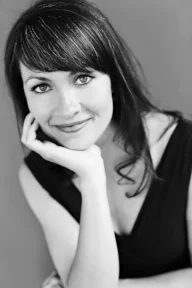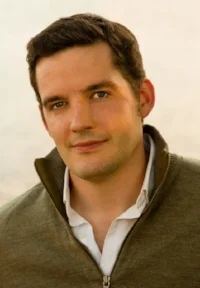Une vague du souvenir (Wave of Remembrance)
This French choral and orchestral program will be performed in collaboration with the Metropolitan Chorale,Lisa Graham, Music Director
Lili Boulanger Psalm 129
Marie-Juliette Olga ("Lili") Boulanger was a French composer, and the first female winner of the Prix de Rome composition prize. Boulanger composed three psalm settings: Psalms 24, 129, and 130. Psalm 129 was composed in 1916 in Rome for full orchestra and premiered at the Salle Pleyel in 1921.
Ravel Trois Chansons
The Trois Chansons (Three Songs) were written to the composer’s own texts between December 1914 and February 1915:
- Nicolette
- Trois beaux oiseaux du paradis (“Three Beautiful Birds of Paradise”)
- Ronde (“Roundelay”)
Fauré Cantique de Jean Racine, op.11
Cantique de Jean Racine (Chant by Jean Racine), Op. 11, is a composition for mixed choir and piano or organ by Gabriel Fauré. The text, "Verbe égal au Très-Haut" ("Word, one with the Highest"), is a French paraphrase by Jean Racine of a Latin hymn from the breviary for matins, Consors paterni luminis. The nineteen-year-old composer set the text in 1864–65 for a composition competition at the École Niedermeyer de Paris, and it won him the first prize.
Debussy Trois Nocturnes
Trois Nocturnes (Three Nocturnes) is an orchestral composition in three movements by the French composer Claude Debussy. The three movements were inspired by a series of impressionist paintings, also entitled Nocturnes by James Abbott McNeill Whistler.
- Nuages ("Clouds")
- Fêtes ("Festivals")
- Sirènes ("Sirens")
Fauré Requiem op.48
Gabriel Fauré composed his Requiem in D minor, Op. 48, between 1887 and 1890. The choral-orchestral setting of the shortened Catholic Mass for the Dead in Latin is the best-known of his large works. In seven movements, the work is scored for soprano and baritone soloists, mixed choir, orchestra and organ.
The performance will feature Sonja Tengblad, soprano, and David McFerrin, baritone.


